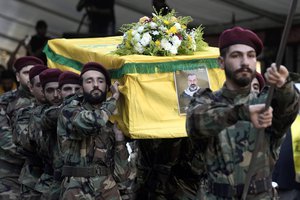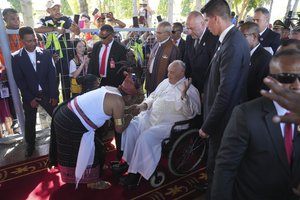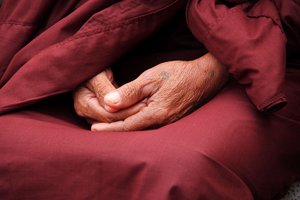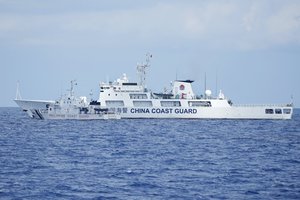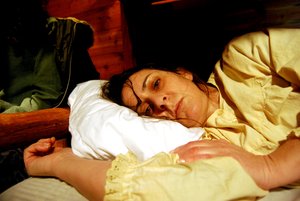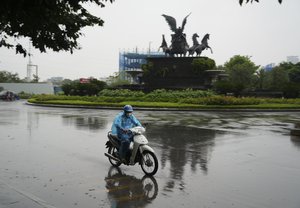Latest News for: herstal
Edit
U.S. Small Caliber Ammunition Market Trends Analysis Report 2024-2030 Featuring FN HERSTAL, Hornady, Nammo, Northrop ...
Nasdaq Globe Newswire 16 Aug 2024
Dublin, Aug. 16, 2024 (GLOBE NEWSWIRE) -- The "U.S ... The U.S.
Edit
Thales ramps up rocket production at its Herstal site in Belgium to support European defence (THALES SA)
Public Technologies 01 Jul 2024
Edit
Small Caliber Ammunition Market Is Anticipated To Reach $14.2 Billion By 2031 Poongsan Corporation, FN Herstal
MENA FN 21 Jun 2024
Edit
Europe Small Caliber Ammunition Market Analysis and Forecasts Report 2023-2033 Featuring BAE Systems, FN HERSTAL, ...
Business Wire 09 Feb 2024
Edit
Cybergun FN Herstal P90 NBB AEG Airsoft Rifle Field Test Review
Rumble 29 Dec 2023
17 minutes ago. .
Edit
Cybergun FN Herstal P90 NBB AEG Airsoft Rifle Table Top Review
Rumble 24 Dec 2023
31 minutes ago. .
Edit
Intervest Offices & Warehouses acquires strategic logistics site with future sustainable redevelopment potential of 70.000 m² in Liège (Herstal) (Intervest Offices & Warehouses NV)
Public Technologies 03 Aug 2023
). The text version of this document is not available ... Disclaimer ... (noodl. 112825937) .
Edit
Netherlands Signs Contract With FN Herstal to Procure MAG Machine Guns for Kiev - Ministry
Urdu Point 22 Jun 2023
Edit
Global Small Caliber Ammunition Market Report 2022 to 2030 - Featuring Northrop Grumman, FN Herstal, ...
Business Wire 12 Dec 2022
It is expected to expand at a CAGR of-0.7% from 2022 to 2030. Companies Me .
Edit
Worldwide Non-Lethal Weapons Industry to 2027 - Featuring Byrna Technologies, FN Herstal and Moog Among ...
Business Wire 20 Jun 2022
Edit
United States Sports Gun Industry to 2027 - Featuring Beretta Holding, Creedmoor Sports and Herstal ...
Business Wire 06 Apr 2022
Competitive Strategic .
- 1




